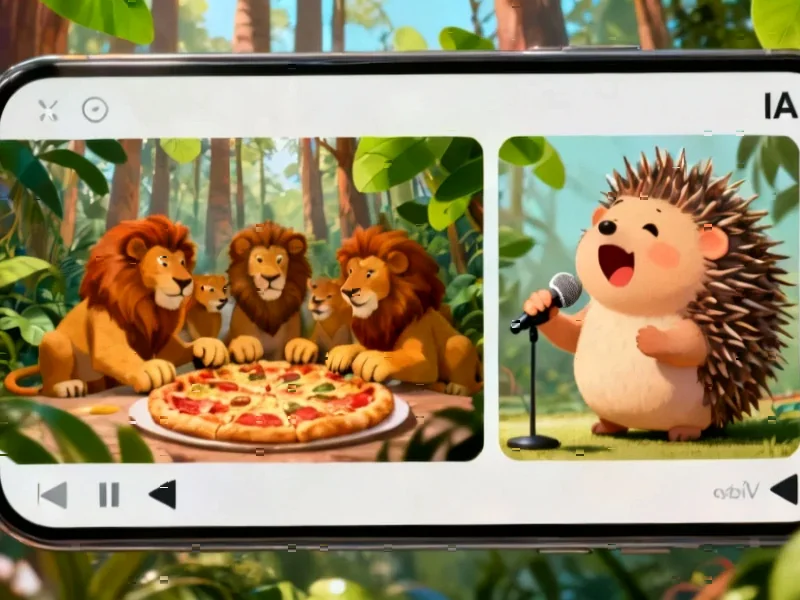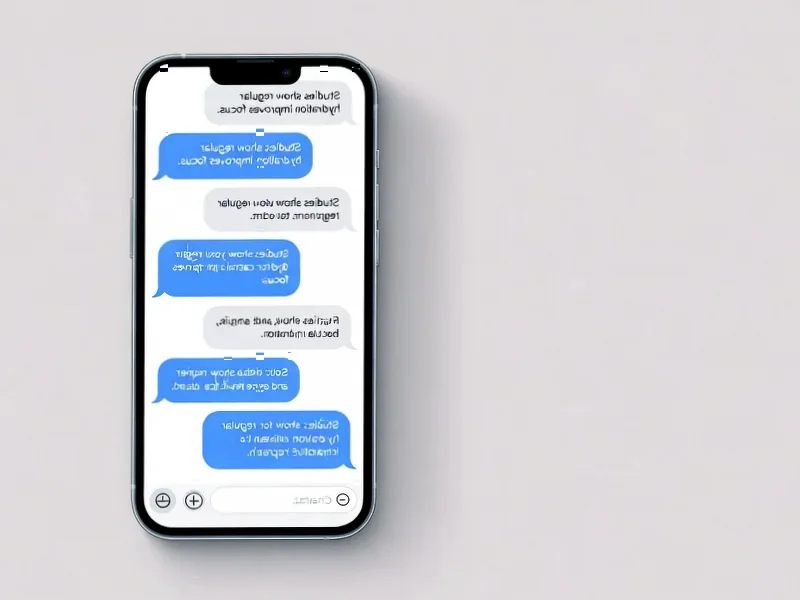According to PYMNTS.com, Meta introduced Vibes in September as a short-form video feed featuring exclusively AI-generated clips within its Meta AI ecosystem. Pinterest now automatically applies labels to Pins identified as AI-generated using metadata and image classifiers. YouTube, TikTok, and X have all implemented mandatory labels for synthetic media or restrictions on AI impersonation. Reddit is strengthening tools to detect AI-driven bots following a university experiment that used undisclosed AI accounts in discussions, which Reddit’s Chief Legal Officer Ben Lee called “deeply wrong on both a moral and legal level.” The platform is considering legal action over the experiment while expanding analytics to help moderators flag automated behavior.
The Trust Crisis Is Here
Here’s the thing – we’re witnessing social media’s authenticity reckoning in real time. For years, platforms obsessed over engagement metrics. Now they’re scrambling to verify what’s actually human. Meta’s Vibes feels like a weird experiment – TechCrunch called it “a move no one asked for” – but it’s part of a larger pattern. Basically, every major platform is realizing that if users can’t trust what they’re seeing, the entire social media economy collapses.
And honestly, can you blame them? When Kevin Rose predicts that bots will soon act exactly like humans because deployment costs are dropping to “next to nothing,” you have to wonder what social media even means anymore. His solution – “small, trusted communities, proof of heartbeat” – sounds like we’re circling back to the early internet days of tight-knit forums. Maybe that’s not such a bad thing.
Reddit’s Taking This Personally
Reddit’s response has been particularly aggressive, and it makes sense when you think about their business model. They’re suing Perplexity AI over data scraping while threatening legal action against researchers who deployed AI bots. They’re treating human interaction as a competitive asset because, well, it is. Their entire value proposition is real people having real conversations.
But here’s what’s interesting – Reddit’s approach combines technical solutions with legal muscle. They’re not just building better bot detection; they’re making examples of people who cross the line. It’s a warning shot to anyone thinking about gaming their systems with AI. The message is clear: mess with our human ecosystem, and we’ll come after you.
Pinterest’s Practical Approach
Meanwhile, Pinterest’s labeling system feels more practical and less dramatic. They’re using existing metadata and classifiers to automatically flag AI content, and they’re giving users tools to see fewer AI Pins if they want. It’s a transparency-first approach that doesn’t necessarily ban AI content but makes its origins clear.
And that might be the most sustainable path forward. Complete elimination of AI content seems impossible, but clear labeling gives users choice. The question is whether labels will be enough when AI content becomes indistinguishable from human-created work. What happens when the metadata can be faked too?
The Human Premium
We’re heading toward a world where verified human interaction becomes a premium feature. Rose’s “proof of heartbeat” concept suggests we might see platforms charging for access to human-only spaces or offering verification as a paid service. It’s ironic – after years of platforms monetizing our attention, they might soon monetize our humanity.
The bigger picture? Social media is splitting into two parallel experiences: the AI-generated content free-for-all and curated human spaces. Most users will probably exist in both, but the value will increasingly shift toward the verified human communities. After all, if everyone’s talking to bots, what’s the point of being social?




